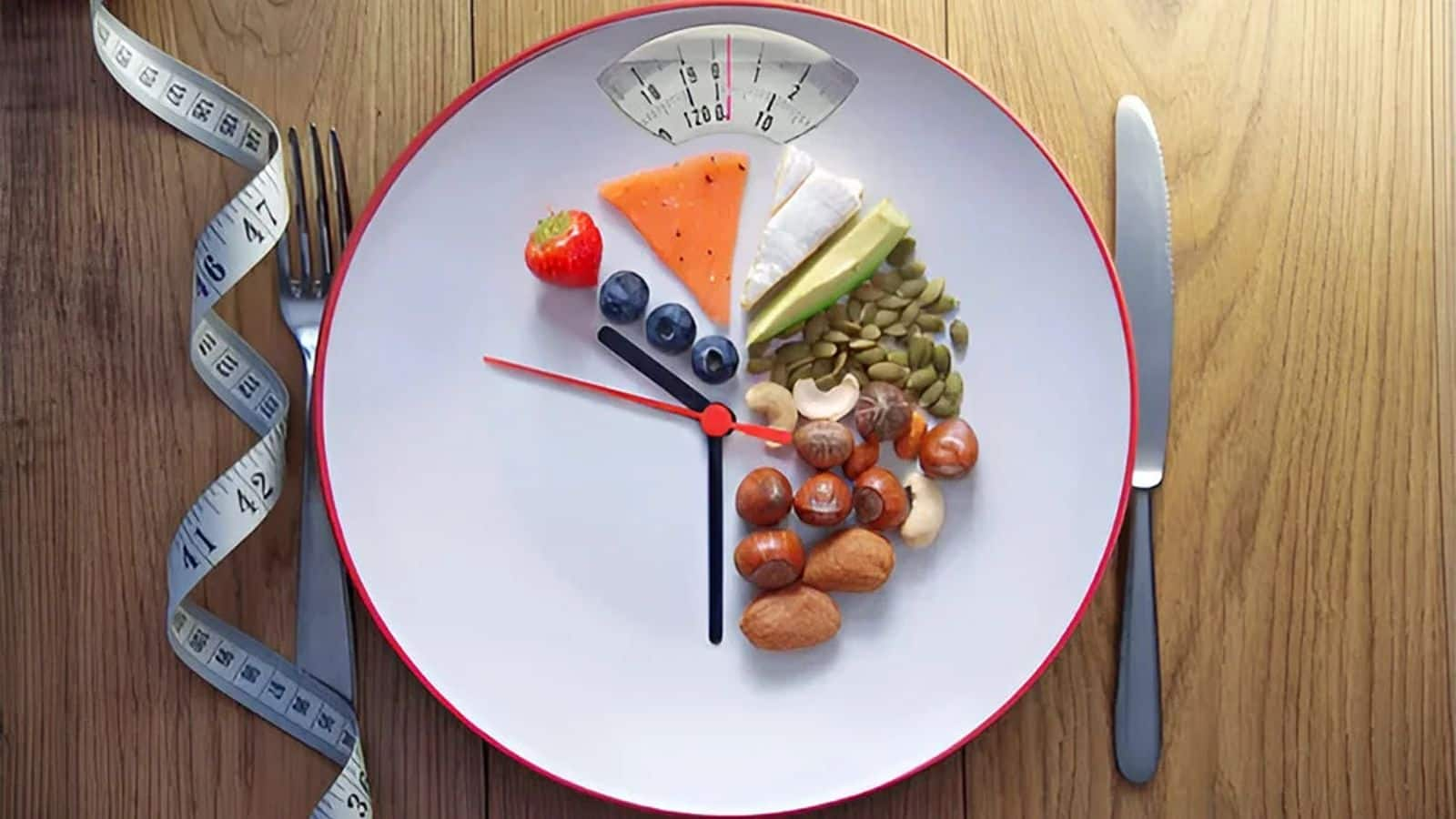
Harnessing the power of vegan foods with intermittent fasting
What's the story
Intermittent fasting is an eating pattern where you cycle between fasting and eating periods. It focuses not on the foods you choose but on the timing of your meals. Integrating this with vegan superfoods enhances health benefits significantly. These nutrient-rich foods provide a robust array of vitamins and minerals, perfectly complementing your fasting routine without compromising the nutrient intake during your eating windows.
Basics
The core of intermittent fasting
Intermittent fasting involves splitting your day or week into eating and fasting windows. Common methods include the 16/8 method, where you fast for 16 hours and eat during an eight-hour window, or the 5:2 approach, where you consume a normal diet five days a week and limit intake to about 500-600 calories on the other two days.
Nutrient-dense choices
Vegan superfoods for your eating window
When you're ready to eat after fasting, choose vegan superfoods such as quinoa, chia seeds, and kale. Quinoa is a rare plant source of complete protein, while chia seeds are loaded with omega-3 fatty acids. Kale is a powerhouse, packed with vitamins A, C, and K. Together, these foods offer substantial nutrition without a high calorie count, aligning perfectly with your intermittent fasting goals.
Hydration
Staying hydrated during fasts
During fasting periods, it's crucial to drink water to maintain hydration. Water consumption can alleviate hunger and sustain energy levels. Herbal teas and black coffee are also great choices as they're calorie-free. These beverages can help keep you feeling full and energized throughout the day. To ensure adequate hydration, aim to drink a minimum of eight glasses of water daily.
Adherence strategies
Practical tips for success
Ease into intermittent fasting to allow your body to adapt. Employ a tracking app to diligently monitor your eating windows and plan your meals around whole, plant-based foods that are abundant in fiber, which aids in prolonging satiety. Preparing these meals ahead of time can also deter spur-of-the-moment eating choices during your designated eating periods, thus enhancing the effectiveness of your fasting strategy.